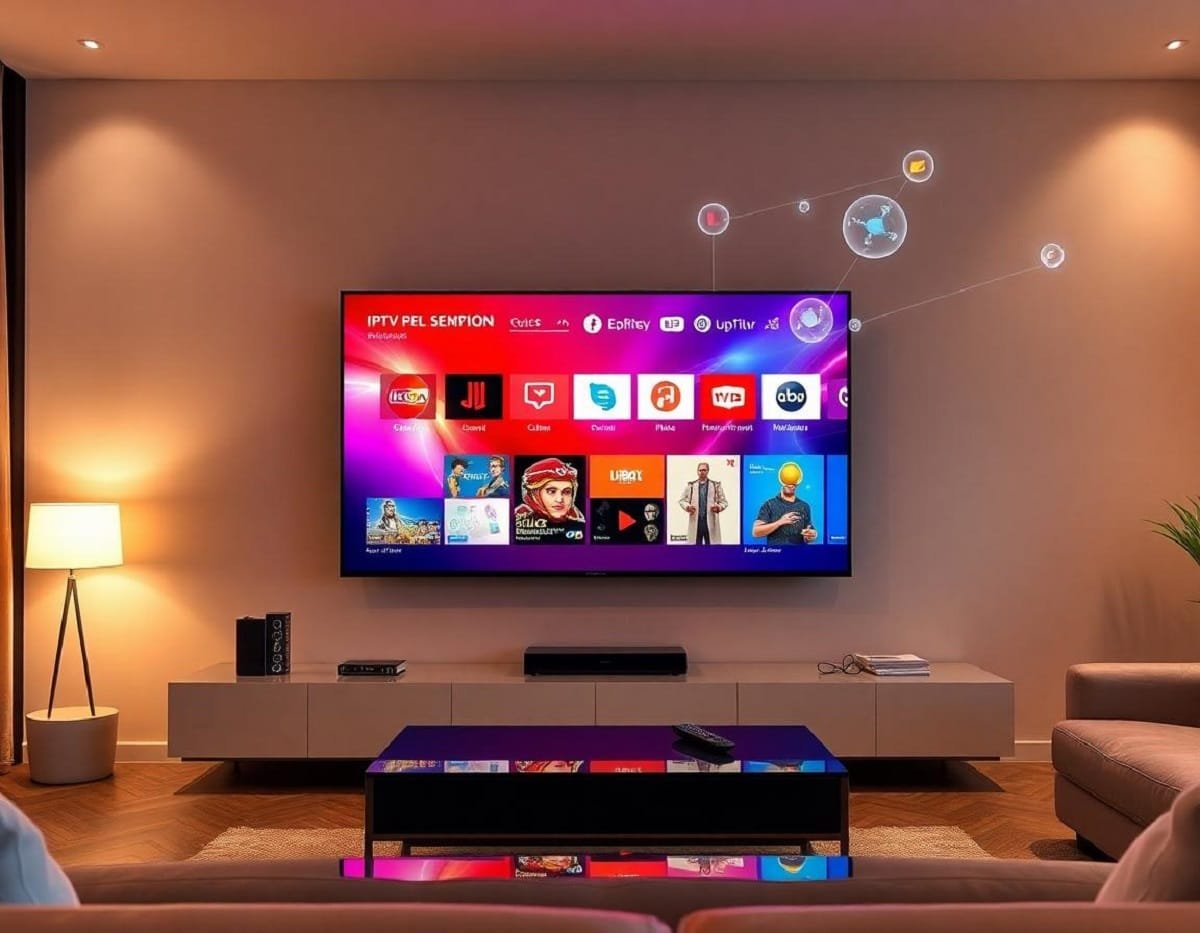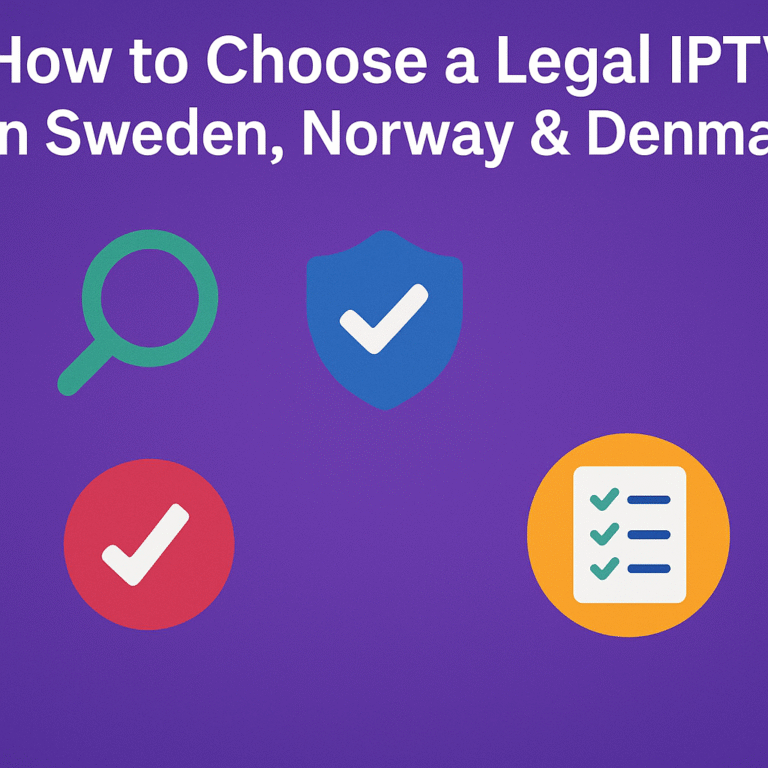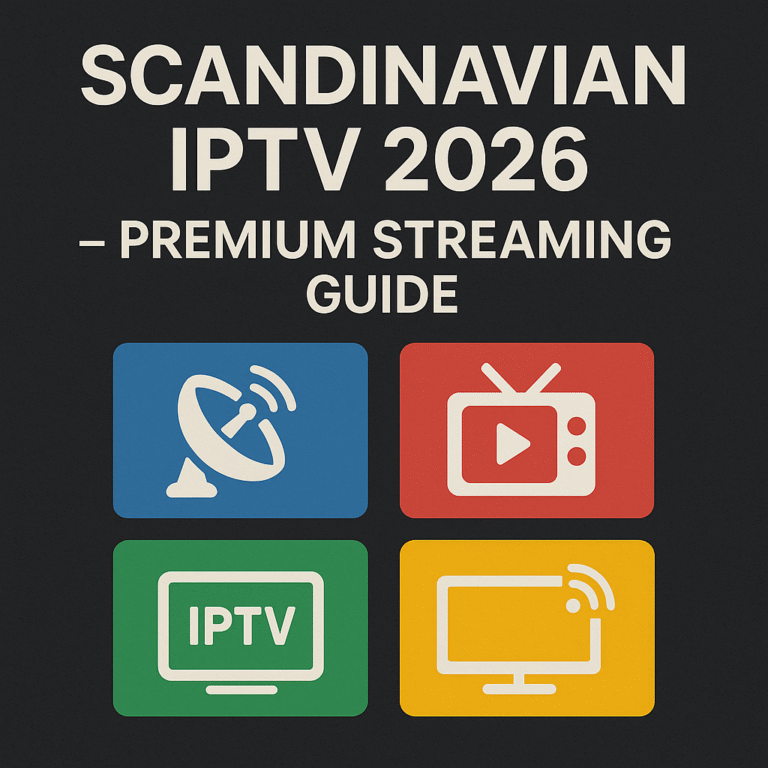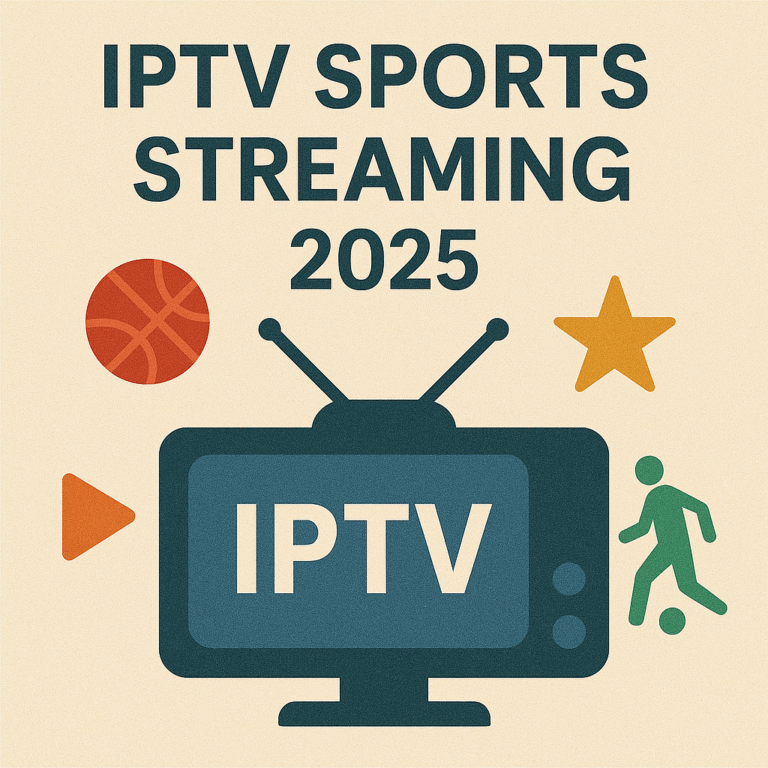Don’t Buy IPTV Until You Read This 2025 Checklist

You’ve probably seen ads that promise 25,000 live channels,
tons of sports, movies, and on-demand shows for only $9.99 each month. Offers like these sound like a bargain, even cheaper than Netflix. Maybe you’ve heard of IPTV, but aren’t sure how it works or if it’s safe. Here’s a simple breakdown of what everyone should know about IPTV.
IPTV stands for Internet Protocol Television. With IPTV, you watch live TV channels or sports online instead of using cable or satellite. Some people include on-demand movies or shows under IPTV, but those are different since you can watch them whenever you want. Here, we’re talking mainly about live TV.
Watching live streams on platforms like YouTube, Twitch, or Kick also counts as IPTV. But when people talk about “official” IPTV, they mean services run by companies that have licenses for all channels and content. These services can be free or paid, but the company owns the rights, so you don’t have to worry about any copyright issues.
Popular paid IPTV options include YouTube TV,
Hulu, Sling, and Fubo. These services have attracted fans looking to save money compared to traditional cable, though prices sometimes go up as companies fight over exclusive sports and news rights. Sometimes providers take new services to court when cheaper options threaten their business.
Free official IPTV is on the rise too. These are called FAST (Free Ad-Supported Streaming TV) services. You get a wide range of live channels but need to sit through ads. Pluto TV, Tubi, Freevee, and Plex are a few top picks. Large media companies run these because ad money can rival subscription fees. If ads don’t bother you, these are solid choices.
Since official services can get pricey, some people turn to third-party IPTV. These services pop up everywhere and advertise thousands of channels for a low price. They use words like “legal” and “safe” in their promos. Still, if something sounds way too good for the price, it often is.
Third-party IPTV can be free or paid, but most of them don’t have rights to the channels they offer, so they operate in a gray area. The paid options are everywhere, usually by companies that sell wholesale packages to smaller sellers. This is common in places like North America and Europe. If you’re not sure whether a service is official, keep in mind that real streaming services almost never promise “lifetime access” for a one-time payment.
Free third-party IPTV often comes as websites or as apps for Android or Fire TV. Well-known examples include Mobdro and certain Kodi add-ons, but these sites and apps get shut down all the time. Both paid and free third-party IPTV services are less reliable than official ones. Servers can slow down, crash during big games, or disappear without warning.
IPTV boxes are getting popular too. Brands like Superbox or Tangula sell these devices for a few hundred dollars, saying you’ll get free TV forever with no subscription fees. In truth, these boxes just package a third-party service into a device. There’s no guarantee on how long the service will last and refunds are rare if the device stops working. For something more stable, consider buying a device like the Nvidia Shield and paying by the month.
The main issue with IPTV is legality. Whether IPTV is legal depends on your country and which type of service you use. In the US and Canada, copyright laws change often. Most of the action is aimed at shutting down those selling illegal streams, not everyday viewers. Groups like ACE and MPA work hard to block illegal streaming sites using court orders.
The UK enforces tougher rules. Broadcasters like Sky Sports have strong control over sports streams and actively work to shut down illegal services. The rules are strict, especially around football.
Official IPTV services are legal because they pay for their content. Third-party IPTV lives in a gray zone and may be illegal, depending on where you live. There’s always some risk. Check the laws that cover streaming in your area before signing up.
If this helped, and you’d like more tips on saving money with streaming or making the most out of your devices, hit subscribe and support the channel. Thanks for reading!






